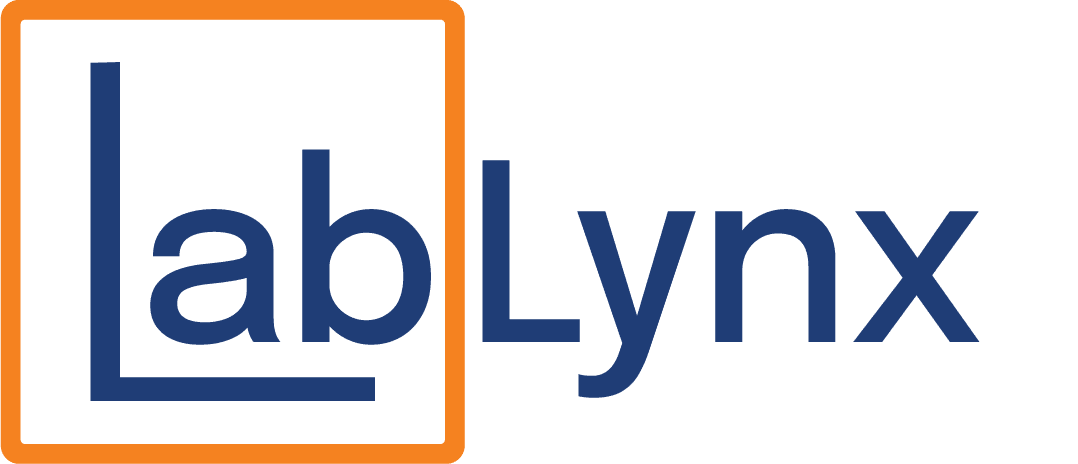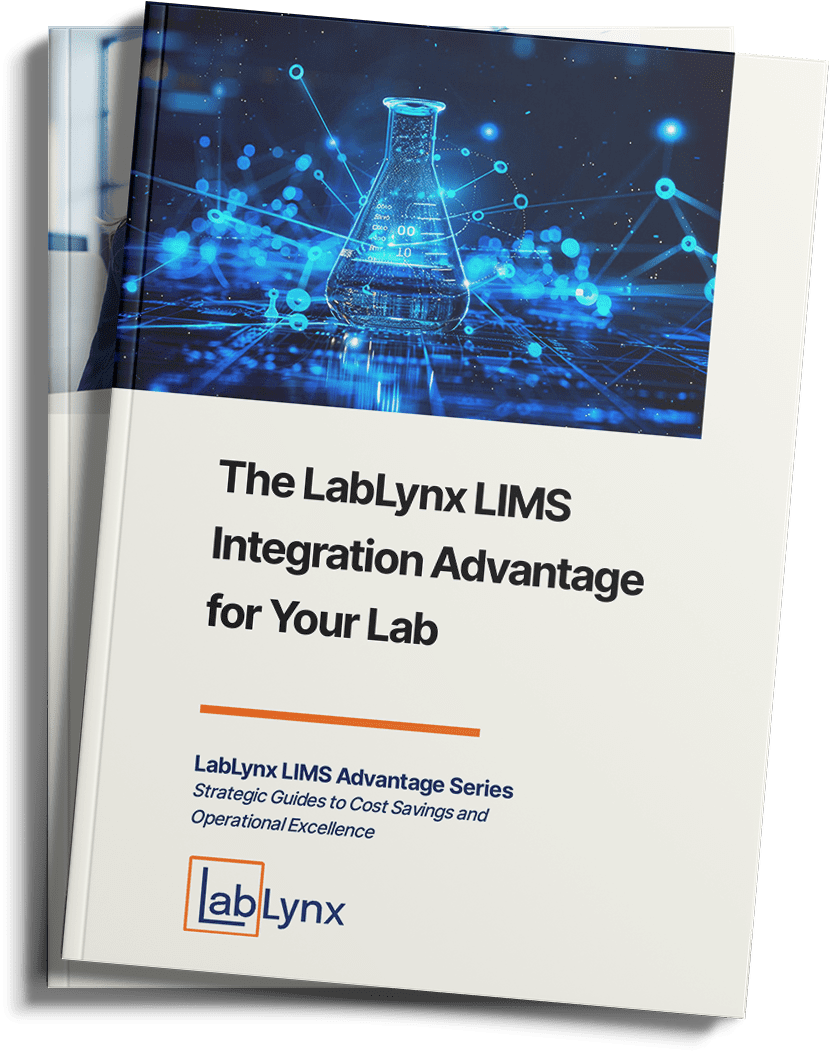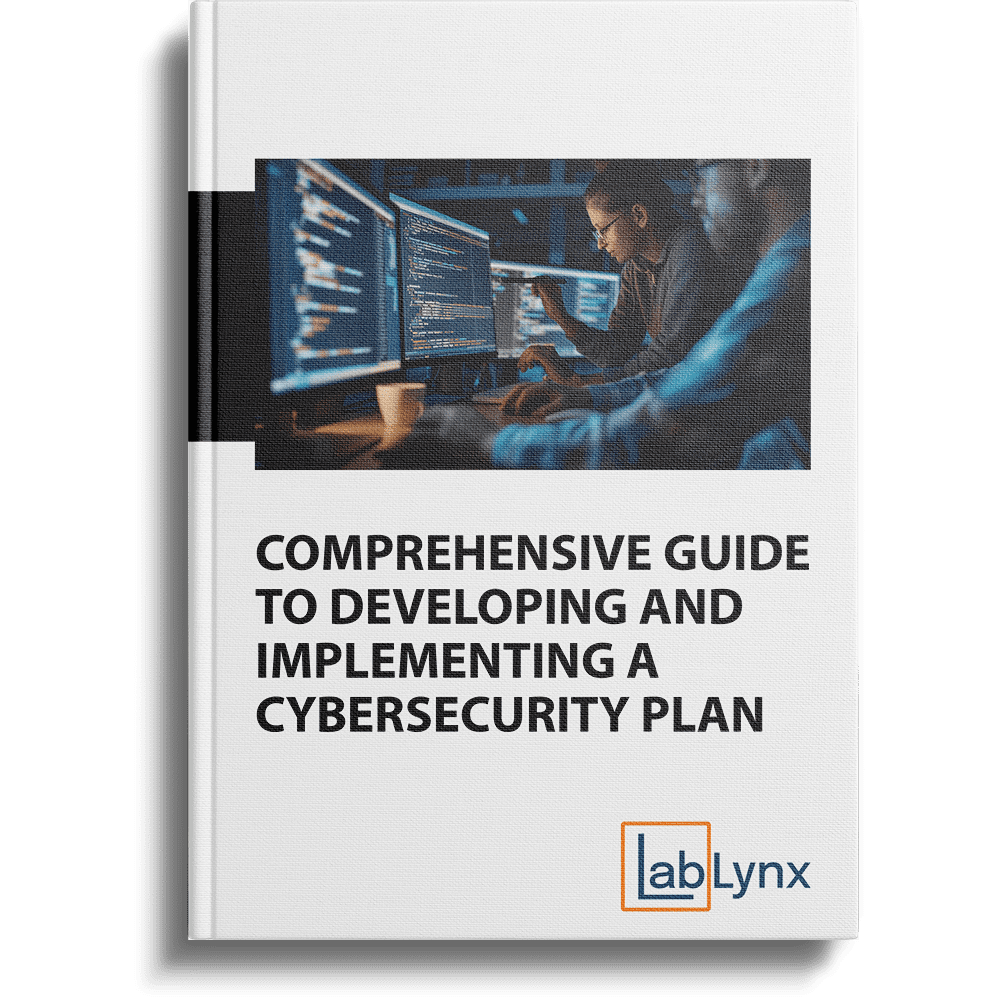Enhancing Laboratory Efficiency with Instrument Management in LabLynx LIMS
In the fast-paced, technology-driven landscape of modern laboratories, the management of analytical instruments is crucial for ensuring operational efficiency and data accuracy. Laboratory Information Management Systems (LIMS) play a pivotal role in integrating instrument management to streamline workflows, enhance data integrity, and optimize equipment usage. LabLynx, a leader in LIMS solutions, excels in providing sophisticated instrument management capabilities that are seamlessly integrated within its LIMS platform. This article explores the importance of instrument management within a LIMS framework and how LabLynx LIMS is revolutionizing this critical aspect of laboratory operations.
The Importance of Instrument Management in LIMS
Instrument management within a LIMS involves the comprehensive tracking, scheduling, and maintenance of laboratory instruments. Effective management is essential for minimizing downtime, optimizing resource allocation, and maintaining high standards of analytical performance. In environments where precision and reliability are paramount, such as in pharmaceutical, clinical, environmental, or quality control laboratories, a LIMS with robust instrument management capabilities is indispensable.
Key Benefits of Integrating Instrument Management with LabLynx LIMS
The integration of instrument management functionalities into LabLynx LIMS offers numerous benefits:
- Streamlined Workflow Optimization: LabLynx LIMS enables laboratories to automate the scheduling and use of instruments, ensuring that equipment is available when needed without conflicts. This automation helps in optimizing the workflow, reducing idle times, and increasing overall lab productivity.
- Enhanced Data Accuracy: By integrating directly with laboratory instruments, LabLynx LIMS captures data automatically, minimizing manual data entry errors. This direct data capture ensures that results are accurate and reliable, enhancing the integrity of laboratory data.
- Preventive Maintenance Scheduling: LabLynx LIMS includes tools for tracking instrument usage and scheduling regular maintenance. This proactive approach to maintenance helps prevent equipment failures, extends the lifespan of valuable instruments, and ensures consistent operational performance.
- Compliance and Audit Readiness: With stringent regulatory requirements across many industries, maintaining compliance is crucial. LabLynx LIMS helps manage all documentation related to instrument calibration, maintenance history, and usage logs, making it easier for laboratories to pass audits and adhere to standards like FDA, EPA, or ISO.
- Cost Management and ROI: Effective instrument management through LabLynx LIMS provides laboratories with insights into the utilization and performance of their equipment. This information can be crucial for making informed decisions about instrument procurement, retirement, and investments, ultimately affecting the laboratory’s bottom line and ROI.
Challenges of Instrument Management in LIMS and LabLynx’s Solutions
While the benefits are clear, integrating instrument management into a LIMS can present challenges such as ensuring compatibility between various instrument types and the LIMS software, and managing the transition from manual to automated systems. LabLynx addresses these challenges through:
- Wide Instrument Compatibility: LabLynx LIMS is designed to be compatible with a broad range of instruments from different manufacturers. This flexibility ensures that laboratories can integrate their existing instruments with the LIMS without facing compatibility issues.
- Customizable Interfaces: Recognizing that different laboratories have different needs, LabLynx LIMS offers customizable interfaces that allow labs to tailor the instrument management features to their specific operational requirements.
- Comprehensive Training and Support: LabLynx provides extensive training and ongoing support to ensure that laboratory staff can maximize the benefits offered by the LIMS instrument management functionalities. This support helps ease the transition to an automated system and ensures that users are proficient in utilizing the new tools.
Instrument management is a critical component of modern laboratory operations, and integrating it within LabLynx LIMS offers significant advantages in terms of efficiency, compliance, and data integrity. As laboratories continue to evolve and embrace new technologies, the role of a sophisticated LIMS like LabLynx in managing these technologies becomes increasingly important. With its advanced instrument management capabilities, LabLynx LIMS is an invaluable tool for laboratories aiming to optimize their operations and ensure the highest standards of analytical performance.


